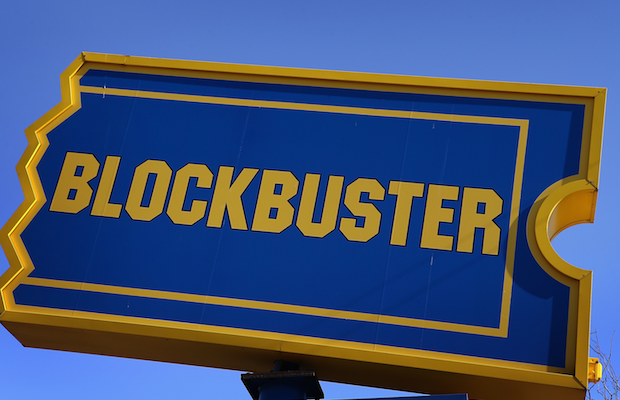How creative destruction is sweeping through Britain’s high streets

2013 has been a year of rapid change for the UK's high streets, with Blockbuster announcing today that a buyer can't be found for its ailing outlets.
Many commentators have bemoaned the shifting landscape of the high street, and mourned the loss of the old and familiar. These complaints are nothing new. The disruption of established practices, businesses and products was one of Karl Marx's central critiques of capitalism "all that is solid melts into air," as he put it in the Communist Manifesto.
However, this a necessary ingredient for progress – both marginal and revolutionary. The economist Joseph Schumpeter called this "creative destruction."
The benefits of creative destruction are being seen in the UK's economic recovery. A note from Capital Economics showed that the number of UK business closures in 2012 rose by close to 11 per cent to 255,000.
In the same year the number of new businesses registered rose by 3.1 per cent to 270,000. The number of new businesses starting in the UK has now outstripped business closures for the second year in a row.
Martin Beck, UK economist, commented:
Creating a competitive market among firms has been described as “letting many flowers bloom and ensuring only the best survive”. Having endured a barren period, the UK business sector may be beginning to bloom again, providing more reason to believe that the current recovery has legs.
1. HMV
HMV went into administration in January. What brought HMV success, primarily CD and video sales, has failed to deliver in a fast changing world. With a host of online offerings such as Amazon's Lovefilm, demand is falling for bricks and mortar entertainment stores.
2. Blockbuster
The days of wandering aimlessly though the aisles of a Blockbuster are over. No longer do movie lovers need to leave the comfort of their own homes to stare at walls of DVDs and mounds of confectionary.
The growth of services such as Netflix and online retailers leave little room for the traditional rental store. Blockbusters went into administration in October and will now leave 264 stores vacant.
3. Jessops
Founded in 1935, Jessops entered administration in January. Developments in digital technology such as smartphones and iPads have lessened the need for camera specialists.
In recent years the company failed to generate significant profits and came under pressure from intense competition offered by supermarkets.
4. Comet, again
Comet collapsed in 2012. The costs of winding up the failed retailer came to £15m in 2013 and led to the loss of 7,000 jobs.
Comet workers redundancy was paid for by the government's Redundancy Payments Service. Comet had been suffering for years in the face of low cost web-based rivals.